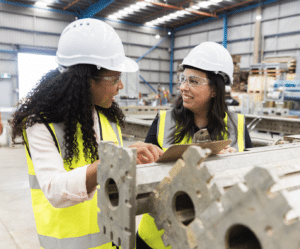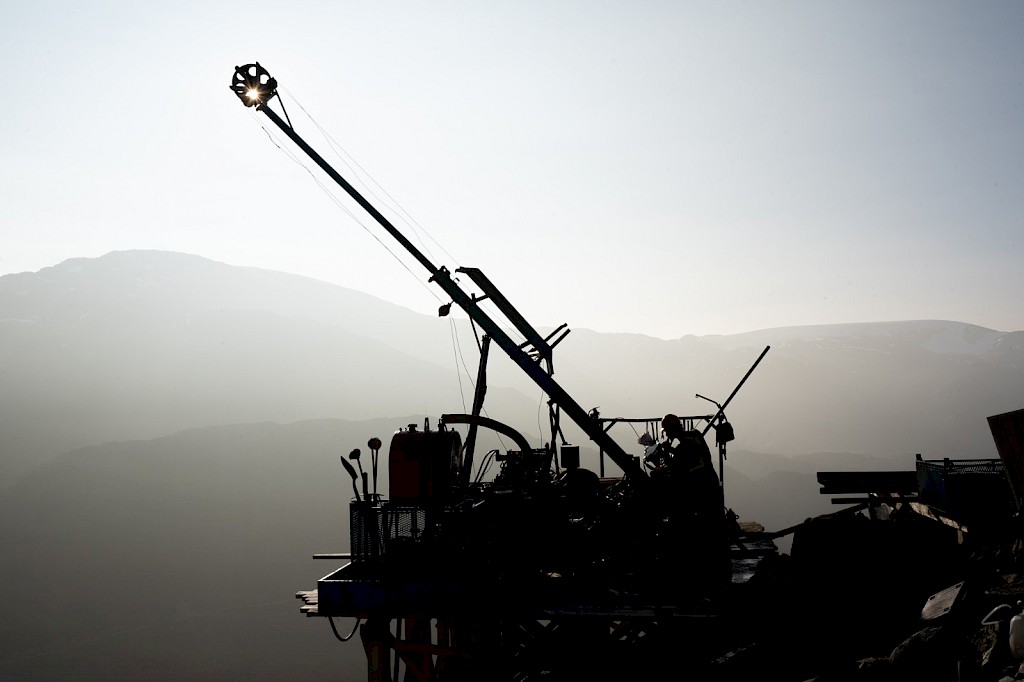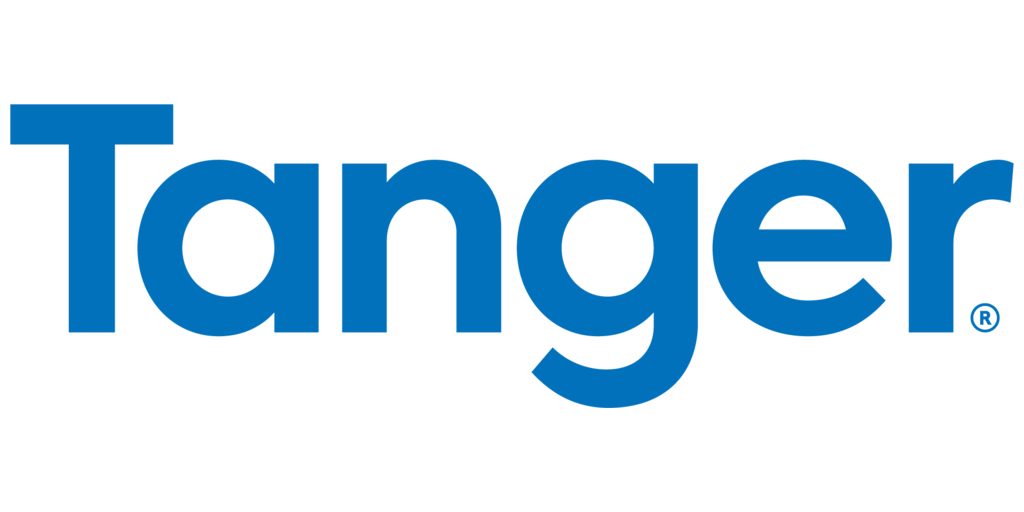Construction is often cited as the most male-dominated industry in Australia, but Coates is on a mission to change that.
The company’s Leadership, Excellence and Performance (LEAP) program was established to empower and develop future female leaders.
In its first four years, 85 women have graduated from the program, with 30 per cent receiving promotions into higher level or leadership positions.
Past participant Marilyn Colyer moved into a more senior role as a business trainer at the beginning of her program. She said it was great timing for her to develop her leadership skills.
“Upon transitioning into a new role at Coates while participating in the LEAP program, I discovered that the program significantly improved my communication skills,” she said.
“Additionally, I felt welcomed by other like-minded women within the company, and we shared similar experiences of working in a male-dominated industry.”
Coates’ program consists of 15 fortnightly sessions facilitated by Aileen Hiskins from Strategic Alignment Training. With an independent facilitator, supported by internal coordinators, executive sponsors and special guests, the program provides both internal company insights and the unbiased perspective necessary for open and honest conversations.
The course covers topics such as routines and habits, learning agility, business acumen, accountability and advocacy. Each module closes with a panel discussion with an executive sponsor from across the business.
Heidi Sundin, group manager for strategy and customer experience, is one such sponsor, and she shows a deep passion for empowering other women.
“It’s important to break down the disproportionate barriers in the workplace and industry to support women to unlock their full potential, contributing their talent to the business and for their own professional development,” Sundin said.
“I fully support programs like LEAP whenever I have the opportunity. I have personally benefitted from people supporting me in my career and I always like to pay it forward.”
Aside from learning the key tenets of being a good leader, the participants are given a space to be themselves and see their fellow female cohort for the person behind the professional.


Colyer said this made her feel supported as she connected with like-minded women who were all keen to maximise their personal and professional growth.
“This environment gave me the confidence to be authentic, ask more questions, and build relationships with colleagues I might not have otherwise known,” she said.
Having completed the program in 2023, Colyer recalled the most significant impact she had felt as a result.
“Understanding oneself is crucial for personal and professional growth,” she said.
“Recognising my strengths and weaknesses and learning how to enhance them using the tools provided by LEAP has been instrumental in my journey toward becoming a better leader.”
For any women who feel uncertain about their strengths and acutely aware of their weaknesses, it can be intimidating to consider a program like LEAP, but that’s exactly what makes it so important.
Sundin said surrounding yourself with these like-minded women is just the tonic to unlock the leader within.
“Sometimes it takes someone else to believe in you, in order to believe in yourself,” she said.
“I have witnessed that vote of confidence from a sponsor or mentor to nominate a woman into the LEAP program. They help you to tap into your own self-belief and use that as a launch pad for learning and growth.”
Serving as a mentor, meanwhile, provides the opportunity for senior leaders to reflect on their own leadership style.
Sundin said she enjoyed this process very much as she discussed the concept of accountability and balance with LEAP participants.
“To prepare, I spoke with my own team about these concepts, and we were able to develop some really good insights,” she said. “One thing we are all challenged by is the ability to say ‘no.’ We talked about this in the LEAP group and the ability to say ‘yes, and…’
“For example, ‘yes, I can do that, and the timeline needs to be realistic’; ‘yes, and these are the resources required to deliver the outcome.’
“That nuance in language has been very beneficial to me personally.”
As executive general manager for people and safety, Elise Manns has been championing women at Coates since joining the company in late 2021.
While Coates is well above the industry average for women in construction, currently employing 23.1 per cent females, Manns acknowledged that there is much work still to be done – starting with the company’s goal of 25 per cent by 2025. However, this is not the only metric by which Coates measures LEAP’s success.
“Other ways we measure the impact of the LEAP program include employee engagement surveys, retention rates of participants, performance reviews outcomes, direct feedback from participants and from their managers, the waiting list for new programs, and recognition in the business,” Manns said.
LEAP is not a static initiative and Coates is dedicated to developing it in line with industry needs.
“The LEAP program will continue to evolve over time depending on what our female talent requires,” Manns said.
“We’ve begun to expand female development outside of the LEAP program as well. Other bespoke development sessions are being run inside various business units, including ‘authentic leadership,’ self-directed learning, networking sessions, and personal development.”
The simple shared message between these three women is that the LEAP program is ‘no risk and all reward’ for everyone involved. From participants to sponsors and the wider business, the benefits of greater diversity in leadership continue to be reaped at Coates.
And for other women in construction, when presented with opportunities for professional development, in Sundin’s words, just “go for it.”
“There is nothing more important that investing in your own personal and professional development and investing in others as they develop in their career,” she said.




